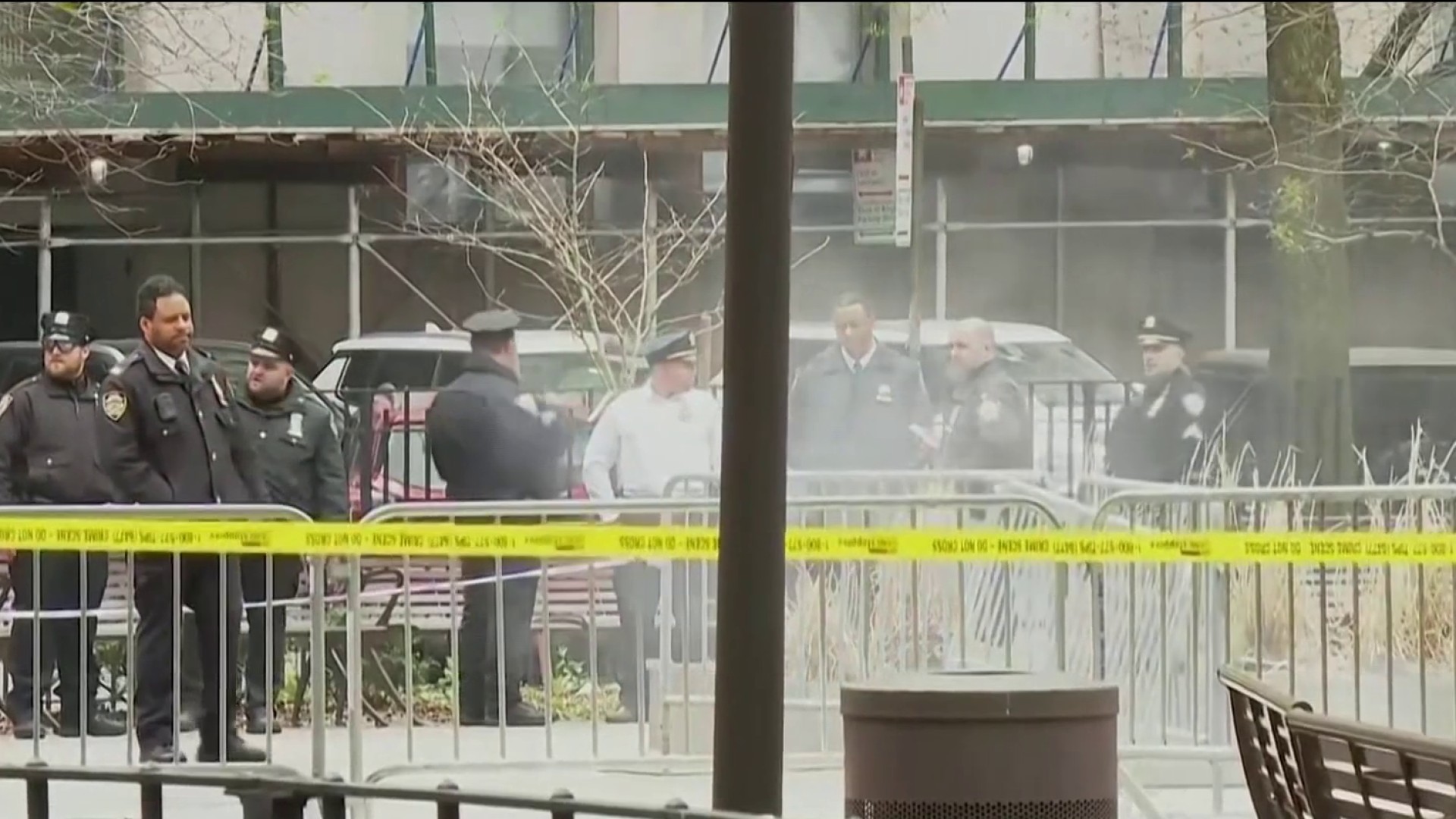Why lay off one bad, expensive teacher when you can lay off two good, cheap ones?
That's essentially the logic exposed in Sunday's latest installment of the Los Angeles Times' brave and controversial series on teacher evaluation.
The target of this must-read piece is teacher seniority -- the union-backed requirement (embedded both in contracts and in state law) that gives teachers more rights by seniority. This has become even more important in this era of budget cuts, because teachers have to be laid off by seniority. That is: the less senior people get laid off first.
The LA Times crunched the data on those layoffs and found that, by laying off less experienced teachers, the Los Angeles Unified School District was laying off many of its best, most promising teachers.
Here are the numbers. The district did seniority-based layoffs of 2,700 teachers. The Times looked at 1,000 of those laid-off teachers for whom data was readily available that permitted use of so-called "value-added" assessment of how much progress teachers make with each student.
Of that group, the Times found that 190 of those teachers who were let go ranked among the top 20 percent of teachers in the district. Some 400 ranked among the top 40 percent.
And if that isn't enough to make you throw a textbook at the wall, the Times notes this:
U.S. & World
News from around the country and around the globe
"Far fewer teachers would be laid off if the district were to base the cuts on performance rather than seniority. The least experienced teachers also are the lowest-paid, so more must be laid off to meet budgetary targets. An estimated 25 percent more teachers would have kept their jobs if L.A. Unified had based its cuts on teachers' records in improving test scores."
The Times story also exposes the limits of a much-touted legal settlement challenging some of these layoffs. That settlement says that there must be caps on layoffs at each schools, so that schools with disproportionate numbesr of young teachers aren't decimated by layoffs (as happened in the school featured in the Times story).
But that's not enough. The seniority system itself needs to be blown up, and replaced with a system where teachers are evaluated (and retained) based on how well they do in educating children.



